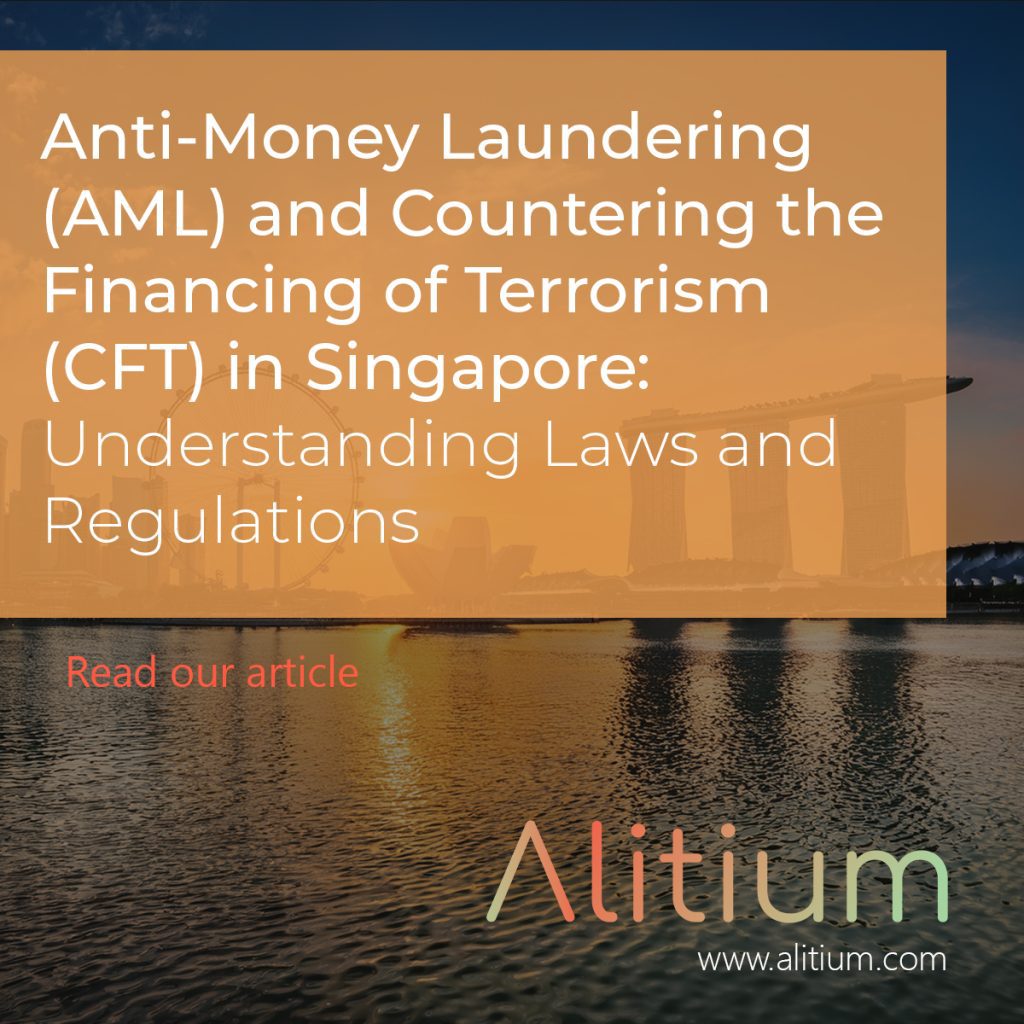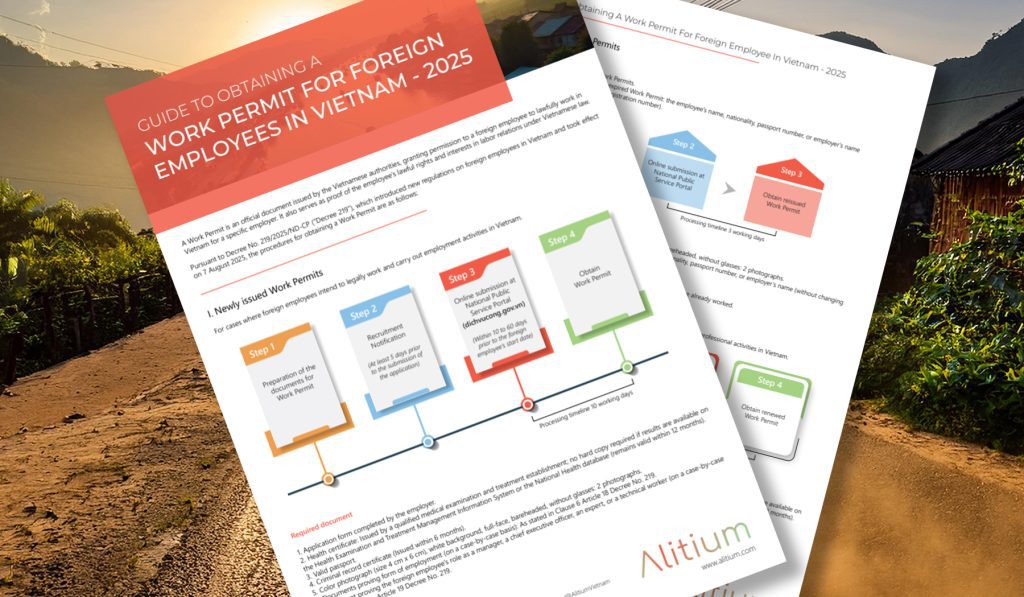Winding Up a Company in Vietnam – Considerations before commencement
For foreign investors who have successfully navigated Vietnamese corporate establishment, there may come a time when winding up a company becomes necessary. This could be due to strategic business decisions, market exit plans, or other corporate restructuring needs.
Winding up a company in Vietnam, however, involves numerous administrative and regulatory requirements that must be carefully followed to avoid potential pitfalls. When preparing for winding up a company, investors need to first understand the importance of and implications of the tax risks that may arise, ensure access to full and complete corporate and accounting documentation, and undertaking an appropriate pre-windup review prior to submission.
Administrative Requirements
Legal Procedures
Winding up a company in Vietnam involves multiple legal steps that must be adhered to in a specific order. The key steps include:
- Board Resolution: The process begins with a resolution from the company’s board of directors or shareholders approving the dissolution.
- Notification to Authorities: Notify the Department of Planning and Investment (DPI) of the decision to dissolve the company. This includes submitting the board resolution and other required documents.
- Creditors and Public Notification: Inform creditors and the public about the dissolution plan through an announcement in an appropriate publication. This allows creditors to file any claims they might have against the company.
Regulatory Lodgements
- Tax Finalization: The company must finalize its tax obligations with the tax authorities. This includes filing all outstanding tax lodgements and settling any tax liabilities.
- Closure of Bank Accounts: All corporate bank accounts must be closed, and the bank must be notified of the dissolution.
- Return of Licenses and Seals: The company must return original business licenses, official seals, and other specified documentation to the appropriate authorities.

Regulatory Timeframes
The timeframe for winding up a company in Vietnam can vary significantly based on different factors, including the efficiency of document preparation and the responsiveness of authorities. In practice, the entire process can take several months to a year or more.
- Initial Approval: Obtaining initial approval from the DPI can take 1-2 months.
- Creditors’ Notification Period: The law requires a minimum notification period of 30 days for creditors to submit their claims.
- Tax Finalization and Clearance: This step is often the most time-consuming, taking anywhere from 3 to 12 months, depending on the complexity of the company’s tax affairs and the thoroughness of the tax authorities’ review.
Practical Experience: Extended Periods of Inspection
In practice, the winding-up process often involves extended periods of inspection and waiting. Vietnamese authorities, particularly the tax authorities, generally conduct detailed inspections to ensure all tax liabilities are settled before granting final approval for dissolution. The co-ordination of tax inspections can result in significant waiting times as authorities schedule staff according to internal priorities.
Common Delays
- Detailed Tax Inspections: Expect thorough tax inspections, where authorities scrutinize historical financial statements, tax lodgements, and transaction purposes to ensure compliance.
- Document Verification: Authorities often require verification of various documents, including contracts, invoices, and bank statements. Any discrepancies or missing documents can lead to significant delays or tax penalties.
- Communication with Authorities: Regular and proactive communication with the DPI and tax authorities is essential to expedite the process. Having a dedicated team to manage these interactions can be beneficial.
Tax Risks During the Wind-Up Process
Final Opportunity for Tax Authorities
The wind-up process represents the final opportunity for Vietnamese tax authorities to recover any outstanding or additional taxes. As such, they can be particularly rigorous in their inspections, regardless of any previous tax inspection decissions that the company may have received in the past.
Common Tax Issues
- Underreported Income: Authorities may identify discrepancies in reported income and actual earnings, leading to additional tax assessments.
- Missing Supporting Documents: Where original historical documents cannot be produced, expenses can be denied or income can be readjusted, resulting in additional taxation arising.
- Contested Treatment of Payments: Authorities can interpret or deem underlying purposes of payments to differ from the company’s view, even where these have been accepted in the past by authorities, requiring sufficient commercial documentation to support the claimed treatment. The impact of deeming can result in additional taxation determinations.
- Penalties and Fines: Historical late payments or inaccuracies in tax submissions can result in an accumulation of historic penalties, resulting in a knock-on effect to the tax affairs on windup. This can result in the inability to use tax losses or concessions in the past, with small amounts potentially have a large impact.
Preparing for Tax Inspections
To mitigate tax risks, it is crucial to prepare thoroughly for inspections. Key steps include:
- Document Retention: Identify and retain all financial records, tax lodgements, contracts, and invoices for the required period (usually 10 years). Ensure these documents are sorted/filed appropriately and readily accessible (digital and hard copies, preferrably).
- Internal Audit: Conduct an internal audit prior to commencement of the windup process to identify and rectify any potential tax issues before the tax inspection commences.
- Professional Assistance: Engage tax professionals or consultants who are familiar with Vietnamese tax laws to assist with the preparation and management of tax audits.
Employment Matters and Staff Termination
Legal Requirements
Vietnamese law mandates that all employment matters be finalized before a company can commence the wind-up process. This includes:
- Terminating Employment Contracts: All employment contracts must be formally terminated, and employees must be notified in accordance with labor laws.
- Payments: Ensure that all due salaries, severance payments, and other benefits are paid to employees.
- Social Insurance: Settle any outstanding social insurance contributions and deregister employees from the social insurance system.
Practical Challenges
While the law requires termination of all staff before winding up, in practice, the company still needs personnel to manage the wind-up process. This includes liaising with authorities, managing document submissions, and addressing any queries that arise during inspections.
Strategies for Managing Staff During Wind-Up
- Retain Key Personnel: Retain essential staff on short-term contracts or consultancy agreements to handle the wind-up activities.
- Plan Staff Termination: Phase out staff termination in stages, ensuring key personnel remain until their roles are no longer needed.
- Communicate Clearly: Maintain clear communication with employees about the wind-up process, timelines, and their entitlements.
Conclusion
Winding up a company in Vietnam is a complex process that requires careful planning, thorough documentation, and strict adherence to regulatory requirements. Foreign investors must be prepared for extended periods of inspection and the rigorous scrutiny of tax authorities. Understanding the administrative requirements, regulatory timeframes, and practical challenges can help mitigate risks and ensure a smoother dissolution process.
Key Takeaways
- Preparation is Crucial: Begin preparing for the wind-up process well in advance. Ensure all financial records and tax lodgements are complete and accurate.
- Engage Professionals: Utilize the expertise of legal and tax professionals to navigate the complexities of the wind-up process and manage inspections.
- Manage Employment Matters Diligently: Carefully plan the termination of staff while retaining key personnel to oversee the wind-up activities.
- Proactive Communication: Maintain regular communication with regulatory authorities and be proactive in addressing any issues that arise during inspections.
By following these guidelines and leveraging professional support, foreign investors can effectively manage the winding-up process in Vietnam, minimizing risks and ensuring compliance with local regulations.
Phuong Vo is Founder & Managing Partner at Alitium Vietnam, providing market entry and professional support for foreign investors in Vietnam. Contact Phuong via Alitium.com for further assistance and advice.








